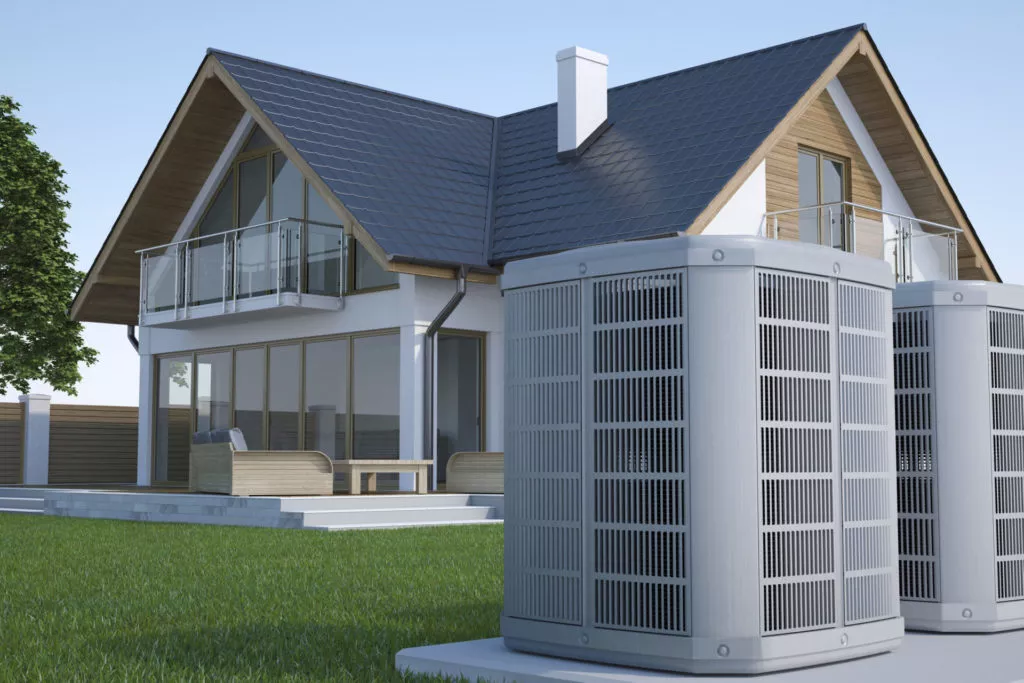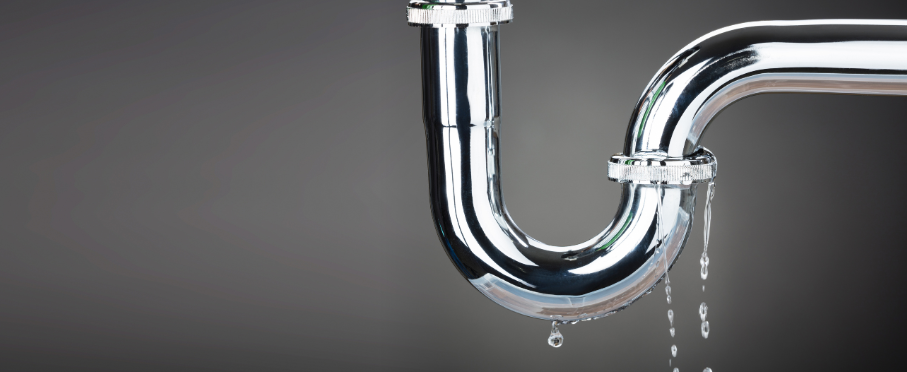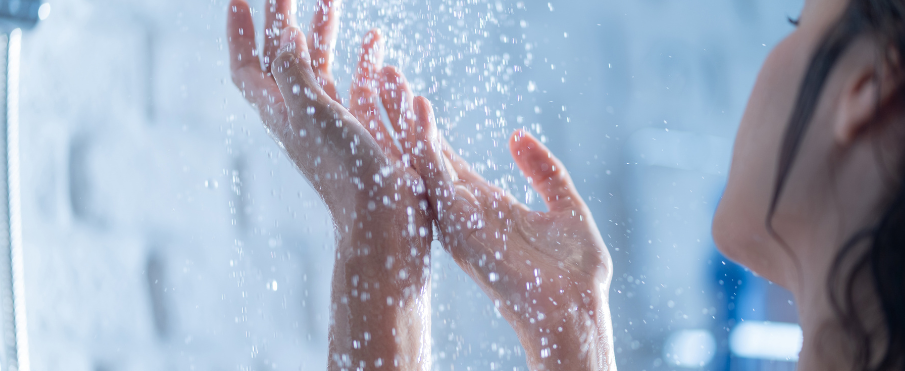Is a Heat Pump More Effective at Cooling or Heating?

When heat pumps were still a new technology, they were known for their heating powers alone. If you wanted to enjoy their cooling effects in summer, you could only expect substandard results. Modern heat pumps are more efficient than ever. They consume less energy than legacy systems despite their exceptional climate control powers.
Today, even an entry-level product can beat the efficiency of a 15-year-old system. While heat pumps use five times less energy to cool than to heat, their cooling effects are generally equal to those of your air conditioner.
But are heat pumps equally effective at heating and cooling?
Does a Heat Pump Use More Electricity for Heating or Cooling?
Heat pumps use less energy in cooling mode – by about five times, in fact. This is because heat pumps draw hot air from outside when in heating mode, and since this mode is usually only used in cold weather, there isn’t a ready supply of heat for it to absorb.
The heat pump, therefore, has to draw what air it can get in, heat it, and distribute it to your home – hence the extra energy needed.
Which is better: a heat pump or an AC system?
Great news! In all the important ways, heat pumps function exactly like a conventional air conditioner. The only material difference is that a heat pump can conduct its process in reverse to provide heat. It’s a two-way air conditioner, so if you compare apples to apples, they perform similarly. The heat pump just does more!
Cooling Efficiency: The Numbers
Your SEER rating (seasonal energy efficiency ratio) tells you everything you need to know about a system’s heating and cooling powers. It’s a measurement of your electricity usage and cooling output. Modern heat pumps can achieve a SEER rating of up to 20.5, although the middle of the market usually achieves a rating of around 15 to 17.
Mini-split systems can achieve a SEER rating of 25. In contrast, the AC market’s highest SEER rating is 26, so the numbers are neck-and-neck. The best heat pumps in the industry can cool almost as effectively as the market’s best central air conditioners.
SEER ratings also tell you how much energy your system will use, and few systems can beat the most energy-efficient heat pumps on the shelves. They use five times less energy when operating in cooling mode than they do when set to heat, so their energy efficiency is at its best during summer.
Heat Pump Heating Efficiency
Heat pumps are highly effective in cool climates. They’re three times more efficient than oil, gas, and electric HVAC systems. There is a catch, though. Heat pump replacements at the top of the market are 100% efficient in sub-zero temperatures, but some struggle to achieve their best effects when temperatures drop below 20.
Heat pumps use compressed refrigerant to create heat. On chilly days, they produce four times as much energy as they use, but in harsh winter climates, your heat pump will need a few additional design features to achieve the same effects as legacy systems like furnaces.
Your unit needs:
- Refrigerants with a low boiling point
- Variable speed compressors that allow you to adjust the efficiency in extreme weather
- An improved compression cycle
- Exceptional ambient airflow rates
You can boost your winter energy usage by leaving your thermostat at one constant temperature throughout the day. Maintaining a warm setting uses less energy than creating it. Staying up to date with your heat pump maintenance schedule will also improve your effects, so remember to request professional service twice a year.
How To Maintain Your Heating Efficiency
SEER ratings are less static than you might like. Your system might achieve its best energy efficiency fresh out of the box, but wear and tear will lessen its efficiency over time. If your system starts blowing cool air in winter, you might need a heat pump repair to address refrigerant leaks, faulty components, or defective reversing valves.
If you suspect your heat pump needs a little TLC, we’re here to provide fast and friendly service.
Learn more about our heating repairs.
The Bottom Line
You can expect your heat pump to use significantly less energy in summer than in winter. That said, if you’re performing regular maintenance on a variable-speed heat pump installation, you can expect a SEER rating equal to or higher than other HVAC models. Heat pumps have become remarkably effective in the last decade, so they’re the perfect way to cut your replacement costs in half.
If you’re ready to upgrade to a heat pump, contact Raleigh Heating & Air. Our HVAC technicians have years of experience servicing and installing heat pumps and can ensure your new system is installed to operate at peak efficiency.
Raleigh Heating & Air is here to provide the skilled assistance you need. Call (919) 890-7789 or contact us online.





